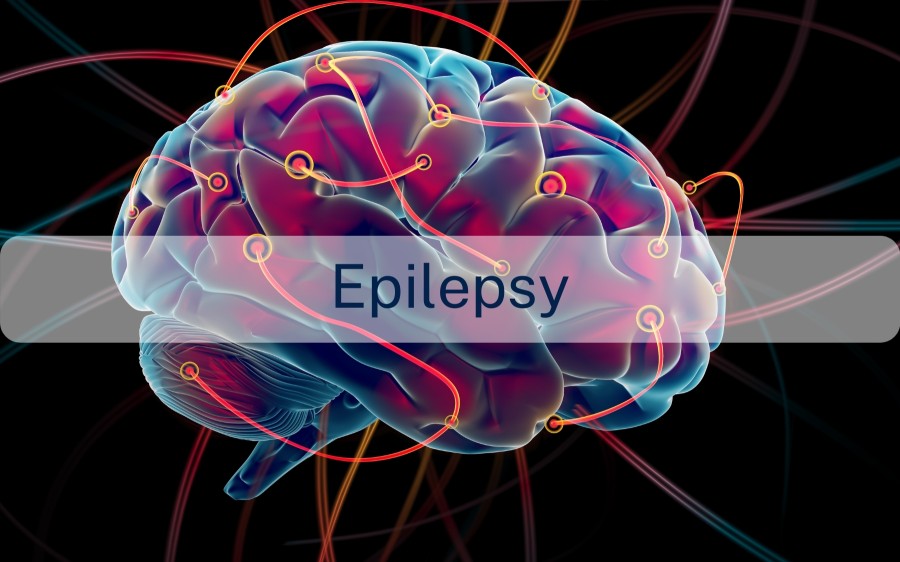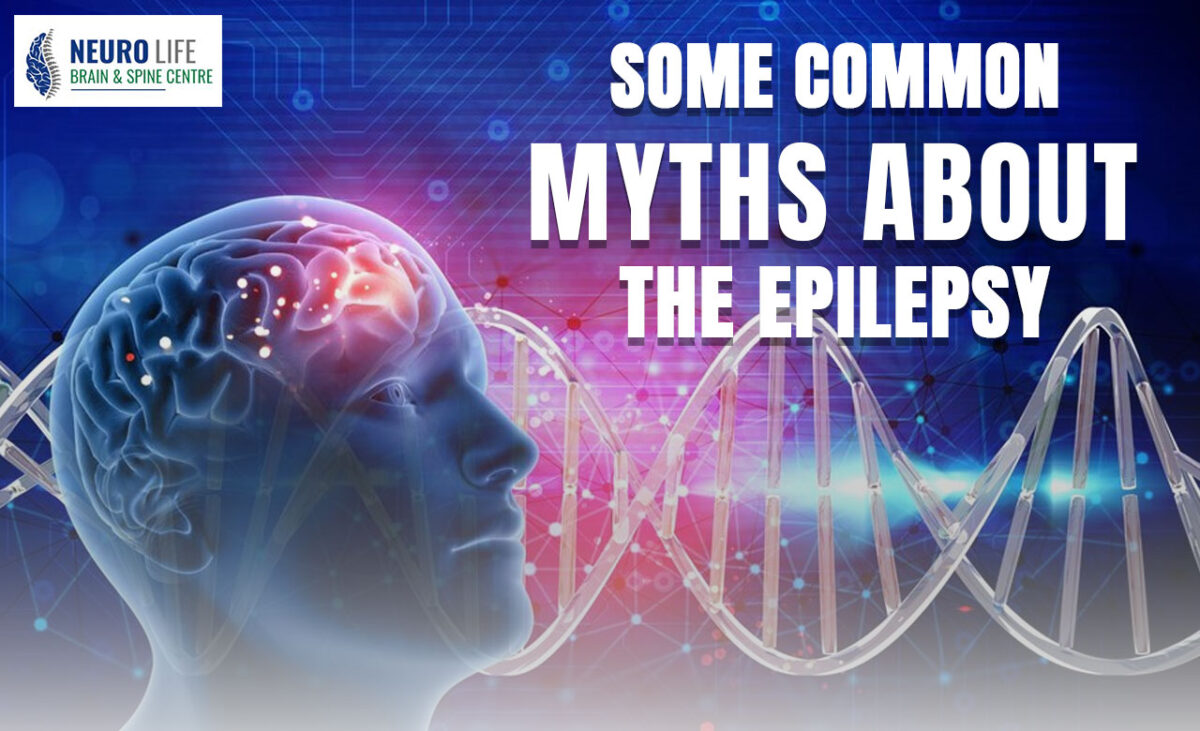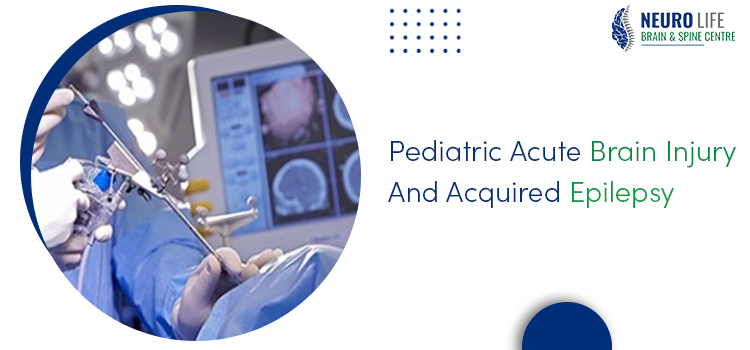मिर्गी का नाम श्रवण करते ही लोगों के दिमाग में यही बात आती है “ क्या ऐसे कोई इलाज है जिसे मिर्गी का कारगर इलाज हो सके ?” मिर्गी की बीमारी को लेकर लोगों के मन में बड़ी संख्या में सवाल है जैसे कि “मिर्गी के इलाज के लिए कौन से डॉक्टर के पास जाएं? ” , “कौन सा डॉक्टर मिर्गी का इलाज करता है?”, “क्या मिर्गी का कोई संभव इलाज है ”, या फिर “ मिर्गी का कोई स्थायी इलाज है ? ”
मिर्गी की बीमारी की जागरूकता के लिए हर साल 26 मार्च को पर्पल डे मनाया जाता है | मिर्गी की बीमारी की इलाज के लिए लोग अक्सर बात करते है परन्तु इस बीमारी के लिए कोई रामबाण इलाज नहीं है | मिर्गी का कारगर इलाज तभी हो सकता है जब मरीज़ धैर्य से अपना परिचय दे | कभी-कभी यह बीमारी ताउम्र नहीं जाती |
मिर्गी का अटैक क्यों आता है ?
न्यूरो लाइफ ब्रेन एंड स्पाइन सेंटर के सीनियर डॉक्टर अमित मित्तल उनका कहना है कि मिर्गी का अटैक क्यों आता है इस सवाल का जवाब और कारण जब तक मिल नहीं जाता तब तक मिर्गी की बीमारी का इलाज होना संभव नहीं | मिर्गी का इलाज तभी संभव है जब आपको इस बीमारी के आने का कारण पता हो |
अथार्त अगर साधारण भाषा में बात करे तो मिर्गी भी एक तरह की मस्तिष्कसे जुडी बीमारी है | मिर्गी का अटैक तभी आता जब किसी व्यक्ति को दिमागी रूप से कोई बीमारी हो या फिर उनके शरीर में ऑक्सीजन की कमी हो | जब तक न्यूरॉन्स से दिमाग को सही निर्देश मिल रहे है तब तक मिर्गी का अटैक नहीं पड़ता |
अधिकतर मरीज़ों में यह पाया गया है की उनके दिमाग में किसी प्रकार के चोट की वजह से ट्यूमर बन जाता है | | ज्यादा एलकोहल का सेवन करने से यह अटैक आ सकता है |
घरेलू उपचार से मिर्गी को बीमारी को कम कैसे करे ?
कभी-कभी मिर्गी का अटैक ऐसा भी आ जाता है जिस का कोई इलाज नहीं हो पता | जिनको भी यह समस्या होती है, वह व्यक्ति घरेलु उपचार या फिर आयुर्वेदिक जड़ी बूटियों की सहायता से उपचार कर सकता है | कभी -कभार घरेलु उपचार भी मिर्गी की बीमारी के लिए रामबाण की तरह काम कर जाती है | आइये बात करते है ऐसे घरेलु उपचार के बारे में जिसकी सहायता से मिर्गी के दौरे को कम किया जा सकता है |
तुलसी के पत्ते
भारत में किसी भी बीमारी के उपचार के लिए आयुर्वेदिक और घरेलु उपचार में सबसे ज़्यादा तुलसी का इस्तेमाल किया जाता है | तुलसी में एटीओक्सीडेंट तत्व से भरपूर होते है जो शरीर के अंगो को रेडिकल्स से मुक्त करता है | मिर्गी की बीमारी को कम करने के मरीज़ को प्रतिदिन तुलसी का सेवन करना चाहिए या फिर इस से बन रस का भी उपयोग किया जा सकता है |
क्रैनबेरी का जूस
मिर्गी की बीमारी वालें मरीज़ को इस बात का बिलकुल भी अंदाज़ा नहीं होता है की कब उसे मिर्गी के दौरे पड़
जाये | इसीलिए मिर्गी से पीड़ित रोगी को अपने डाइट में क्रैनबेरी का जूस को भी शामिल कर लेना चाहिए | अगर
मिर्गी से पीड़ित व्यक्ति प्रतिदिन इस क्रैनबेरी के जूस का सेवन करे तो मिर्गी को दौरे को कम किया जा सकता है |
सफ़ेद प्याज का रास
आयुर्वेदिक उपचार में मिर्गी की बीमारी को कम करने के लिए सफ़ेद प्याज का उपयोग किया जाता है | मिर्गी के दौरे को कम करने के लिए मरीज़ को रोजाना सफ़ेद प्याज को पीसकर एक चम्मच खाना चाहिए | अगर रास नहीं पि सकते है तो ऐसे ही खाने के साथ शामिल करके दे सकते है |
अंगूर का रास
दिमाग से जुड़ी कोई भी बीमारी को सही रखने के लिए अंगूर का सेवन किया जा सकता है | यह दिमाग से जुड़ी कोई भी बीमारी के लिए फायदेमंद साबित होता है | मिर्गी के मरीज़ को अंगूर के रास या ऐसे ही प्रतिदिन सेवन करना चाहिए, जो मिर्गी के दौरे को कम करने में सक्षम है |
अगर आप इस बीमारी से काफी लम्बे समय से झुज रहे है तो आपके लिए यही बेहतर है आप डॉक्टर के पास जा कर अपने विचार को विमर्श करें ताकि आपको सही समय पर इलाज मिल सके | इसे जुड़ी कोई भी सलाह आप न्यूरो लाइफ ब्रेन एंड स्पाइन सेंटर भी ले सकते है | यहाँ के डॉक्टर की न्यूरोसर्जरी में एक्सपर्ट्स है |









